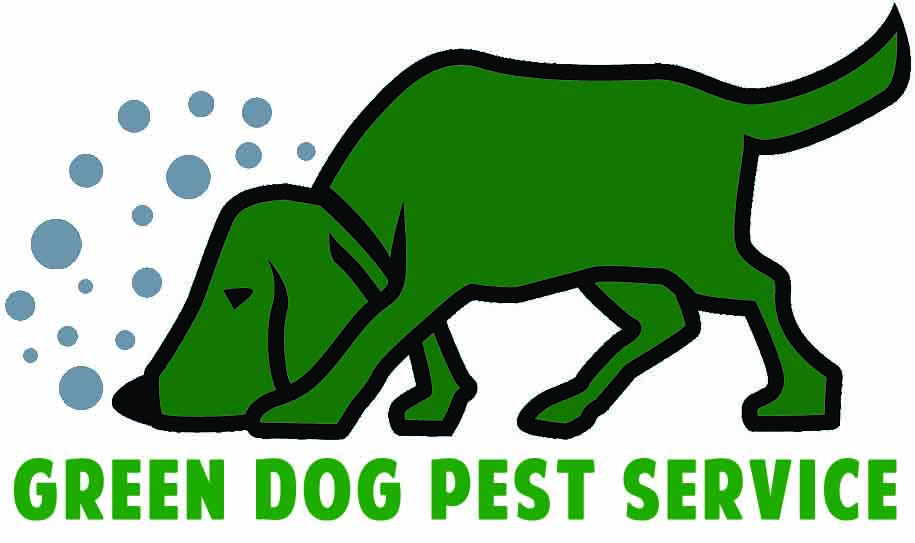Learning how to handle bed bug infestations in multiple family housing can be intimidating. It’s not a subject any property manager wants to deal with, but we must, because the consequences of not dealing with it properly are far worse than doing it right the first time.
Do you have a written bed bug plan? That’s the first, of many questions, you should ask yourself. Do all your employees know what that plan is? From office employees to maintenance employees, have they all been trained on what to do if a tenant complains of bed bugs or if one is seen? Has that plan been reviewed by a licensed pest control company who has experience in bed bugs?
The three most common approaches property managers use when it comes to bed bugs: ignoring-the-problem (not legal), tackle the units that tenants complain about (complaint based) or a proactive approach to protect tenants and property known as an inspection-based protocol.
Let’s talk about the complaint-based approach to bed bug management. Here is an interesting statistic given by a leading bed bug attorney who represents tenants and landlords in bed bug cases. Every lawsuit regarding bed bugs in multi family housing situations has been brought against properties that used complaint-based protocol. Yes, you read that correctly EVERY SINGLE CASE!
“Every lawsuit regarding bed bugs in multi family housing situations has been brought against properties that used complaint-based protocol.”
That alone is enough to make many reading this switch to an inspection-based protocol. Others however are gamblers and are considering the cost factor versus the risk factor. Before you consider wagering on such an important issue you should know that an inspection-based protocol might actually be cheaper. Upfront costs tend to be more, but the end results will decrease treatment costs and so many other problems. You’ll be thanking yourself for making the change.
First step in your new inspection based protocol is to choose a licensed pest control company. Document why you selected them. Do not base your choice on cost alone, as it will haunt you if you ever do have to go to court. Some factors to consider when choosing a pest control company:
- Do they have experience in multi family housing?
- Do they have multiple treatment approaches to deal with bed bugs?
- Can I speak to other multi family housing accounts that they current service to learn about their experience?
- Will they review my current pest control records?
- Will they assist us in writing up a bed bug protocol?
Tenant and employee education is a very important step in treating bed bugs. Your pest control provider should be able to provide you with written material that includes tips to help with the prevention of spreading and what to look for. Your plan should include written information on details such as who records the complaint and who gets notified after the complaint is received.
Informing tenants on when, how and why inspections will take place will help ease their worries and make the process much easier. Green Dog Pest Service can make our dog/handler teams available for pre-inspection educational meetings so that tenants can meet the dogs ask questions and just be reassured that this is a simple, non-invasive process.
Your inspection-based plan should start with a full building inspection. Every single unit and all the common areas must be inspected in order to get a complete understanding of your current level of infestation. You cannot tackle a problem when you don’t know where it is! Many tenants have lived with bed bugs for months because they are either afraid to notify management or because they simply don’t have any idea that they have them. That is why it is imperative to get a full building inspection.
Elton searching books in a library of a building. All the sitting areas in the library were also searched. All common areas should be checked during the full building inspection.
Following your full building inspection, your pest control company should provide you with a written treatment plan. Treatments should be started as soon as possible in all units or common areas deemed infested. Tenant cooperation is vitally important and every landlord should have a plan for non-cooperative tenants.
The first and last steps in your plan are the same… inspections! Monitoring of units is vital to the success of an inspection-based plan. Some properties choose to do twice-annual full building inspections, with follow up on treated units. Others choose to start a monthly inspection schedule, randomizing units so that within a 12-month time period each unit and all common areas will be inspected at least twice. The regularly scheduled monthly inspections can be more convenient for maintenance staff and you’ll have inspections on property to follow up on treated units without a service call/charge.
We believe the earliest detection available is with canine assisted bed bug inspections. Considering that bed bug populations double every two weeks, early detection is one of the best ways to get a handle on a ‘growing problem’.
Green Dog Pest Service can work with your pest control company of choice to create an inspection schedule that fits the needs of your property, your staff and your tenants. From a 4-plex to 500 or more apartments, our certified dog/handler teams can get the job done in the most cost effective and time efficient manner possible.

